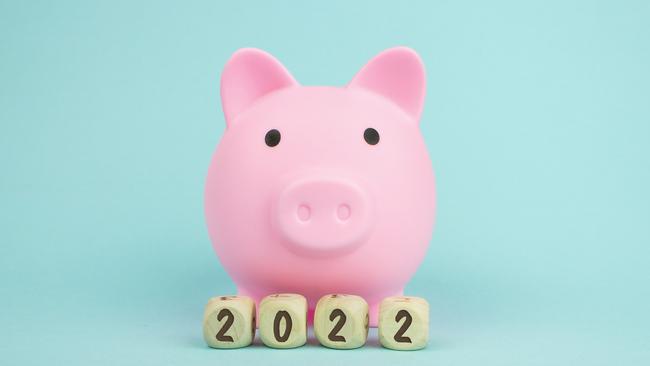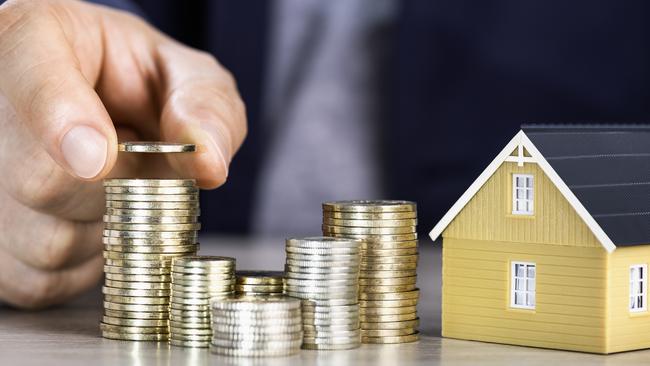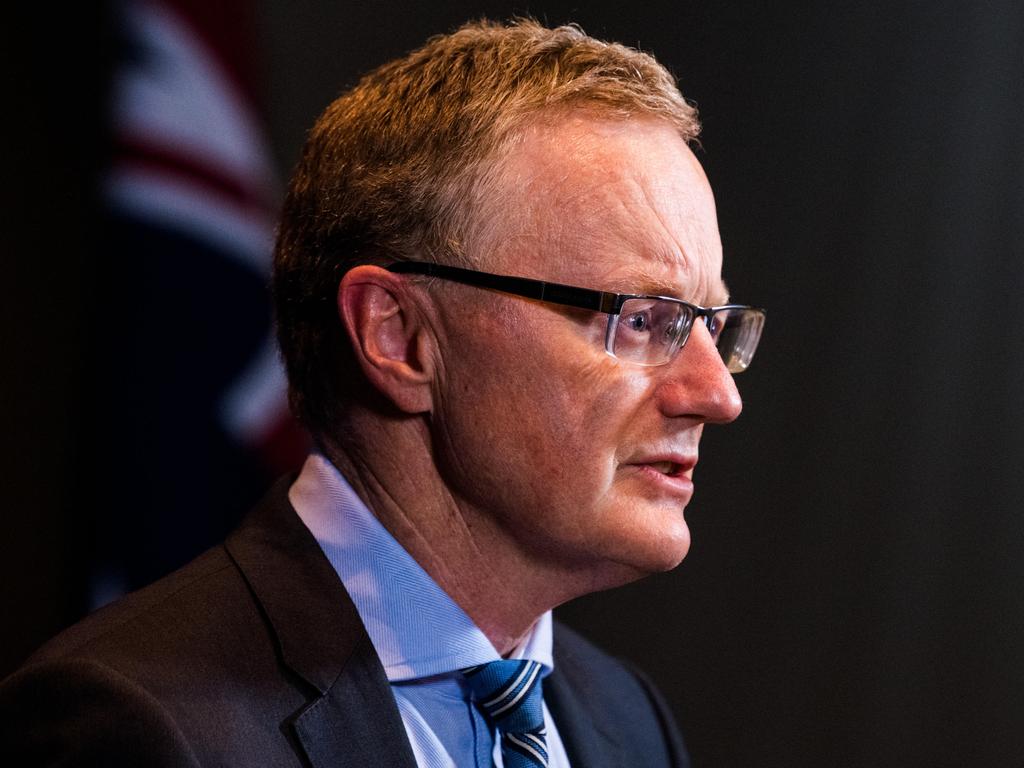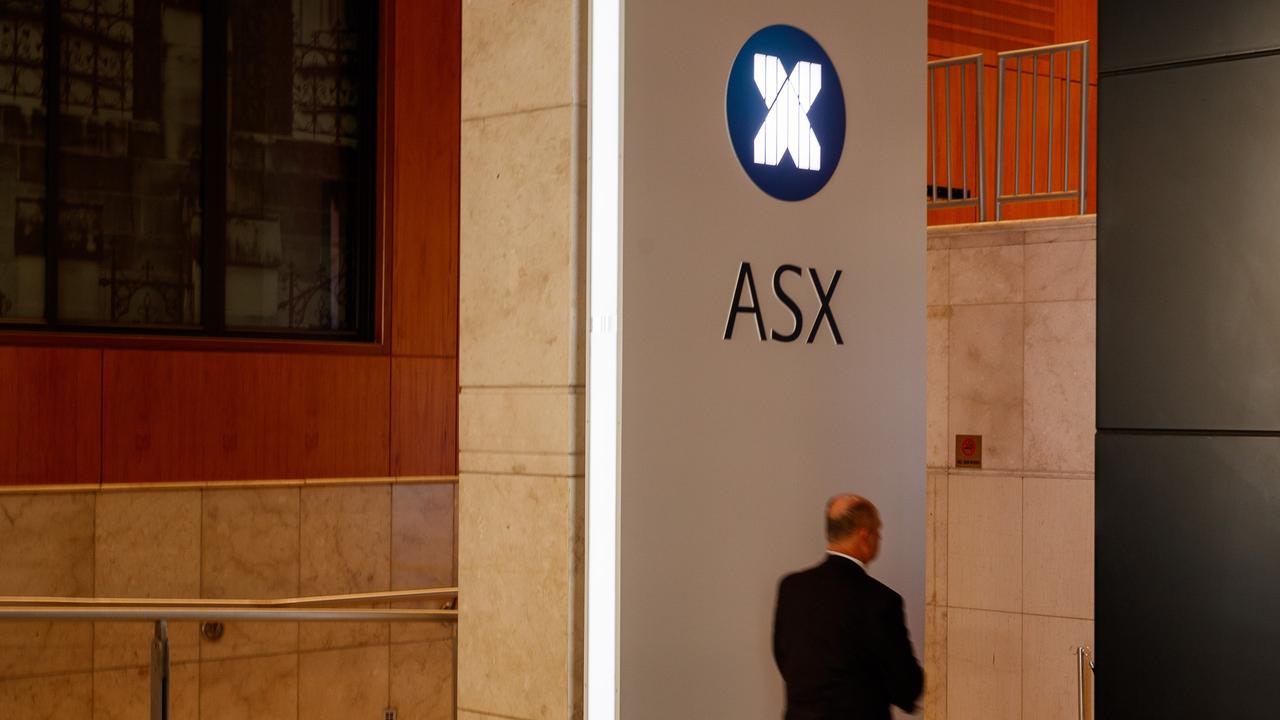
In all the frenzied speculation and debate over the Reserve Bank and interest rates, one entire side of the issue has been almost completely overlooked.
In committing to keep the RBA’s official interest rate unchanged for – quite literally – the foreseeable future, or at least the next few months, RBA Governor Philip Lowe has not only effectively committed to keep owner-occupier variable home loan rates around 2 per cent or a tad higher.
Governor Lowe has also effectively committed to keep bank deposit rates for savers at zero, or so near enough to zero that the pitiful interest income earned can actually be almost offensively irritating.
Who else finds it less than marvellous to get bank statements telling you that you have earned $2.36 on your (substantial) deposit last month?
At least, deposit rates never went negative in Australia as they did in various other countries. Better to be getting that $2.36 than minus, say, $23.60 a month.
Further, the last faint chance that they might have gone negative in Australia has now been well and truly buried, even if the RBA’s rate stays at 0.1 per cent.
Now, my statements about the RBA ‘keeping’ home loan rates at 2 per cent and deposit rates at zero are of course not entirely accurate; as we’ve certainly seen over the years, banks can and do hike their loan rates even when the RBA is sitting pat.

That certainly becomes a very real prospect as 2022 unfolds – both precisely because of what else the RBA has been doing, but also what in particular the Fed will do with US rates, starting in mid-March.
Short of some left-field catastrophe – whether financial/economic or non-economic like Russia invading Ukraine – the US Fed will raise in March.
Indeed, some of the Fed members are getting surprisingly hairy-chested and talking of 50 points; I’ll believe that when I see it.
Very simply, if bank funding costs go up – if they have to pay higher rates to raise money - they will raise their variable home loan rates, just as they have already done, repeatedly if mostly marginally, on their fixed-term loans.
Banks get their money from three broad sources: the biggest is ordinary depositors, plus the domestic wholesale market and the offshore market.
For the last two years the RBA has been ensuring that the cost from all of them has been near enough to zero – with its 0.1 per cent official rate, the $200bn-plus it lent to the banks at 0.1 per cent, and its money-printing and targeting the early-2024 bond yield at 0.1 per cent.
The banks have still got the $200bn, but there’ll be no more and it’s also progressively being repaid to the RBA.
The (extra) money-printing is about to stop, and the yield targeting went late last year.
Only the 0.1 per cent official rate will remain.
Bank funding costs will go up, especially if banks are forced back into the offshore market.
So it’s entirely probable that variable loan rates will edge higher as we go through 2022, even without an RBA hike.
And watch them go even higher with a hike, or two, or more. We could be back to a 25-point RBA hike ‘earning’ borrowers a, say, 40-point hike.
But again, what about depositors? Are they going to be left behind at zero, for so long as the RBA stays there?
By opting to maximise growth and jobs over reacting to rising inflation – in the context of those rising rates offshore, and withdrawing ‘easy’ domestic funding for the banks - the RBA might have done depositors a big favour.
The banks might actually have to start competing for deposits with higher rates; they might finally start to move away from zero. That $2.36 could suddenly become $4.72.






